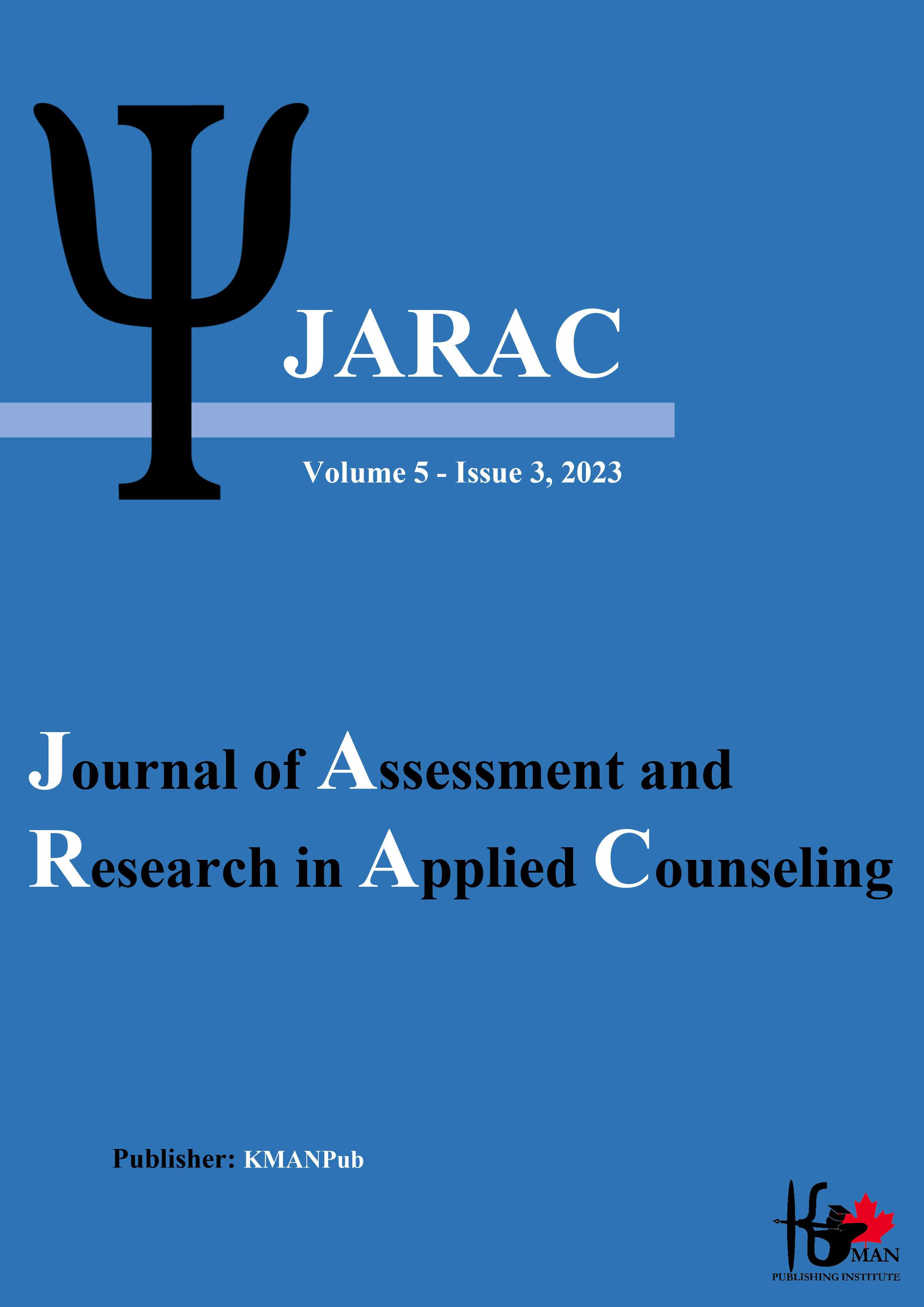The Effectiveness of Gottman Approach Intervention on Marital Burnout, Emotional Divorce and Emotional Regulation of Conflicted Couples
Abstract
Objective: The current research aimed to investigate the effectiveness of the training program based on the marital burnout, emotional divorce and emotional regulation of conflicted couples.
Methods and Materials: The current research is quantitative research in which a quasi-experimental method was used with a pre-test-post-test design with a control group. The statistical population of the research included conflicting couples who, for some reason, have been referred to family court counseling centers in Tehran. Therefore, 40 people (20 couples) were selected by available sampling and randomly assigned to two experimental and control groups (each including ten couples). Then, the experimental group underwent the intervention with Gottman's approach. Quantitative data collection tools included Pines Marital Burnout Measure (CBM), Gottman's Emotional Divorce Questionnaire (2008), and Gross and John's (2012) Emotion Regulation Questionnaire. The data analysis was done through SPSS software and using variance analysis with repeated measurements.
Findings: The calculated F-value for the effect of the groups on marital burnout, emotional divorce and emotional regulation of conflicting couples is significant at the 5% level (P < 0.05). Between the experimental group and control after the intervention, there is a significant difference. The intervention of Gottman's approach to marital burnout, emotional divorce, and emotion regulation of conflicting couples has been significantly effective. According to Bonferroni's follow-up test, the effects of Gottman's intervention on marital burnout, emotional divorce, and emotional regulation of conflicting couples are stable in the follow-up phase.
Conclusion: Therefore, the intervention of Gottman's approach is effective in marital burnout, emotional divorce, and emotional regulation of conflicting couples. This effect is also stable in the follow-up phase.
Downloads
Downloads
Published
Issue
Section
License
Copyright (c) 2023 Farzaneh Mardani, Shokouh Navabinejad, Emad Yousefi (Author)

This work is licensed under a Creative Commons Attribution-NonCommercial 4.0 International License.















